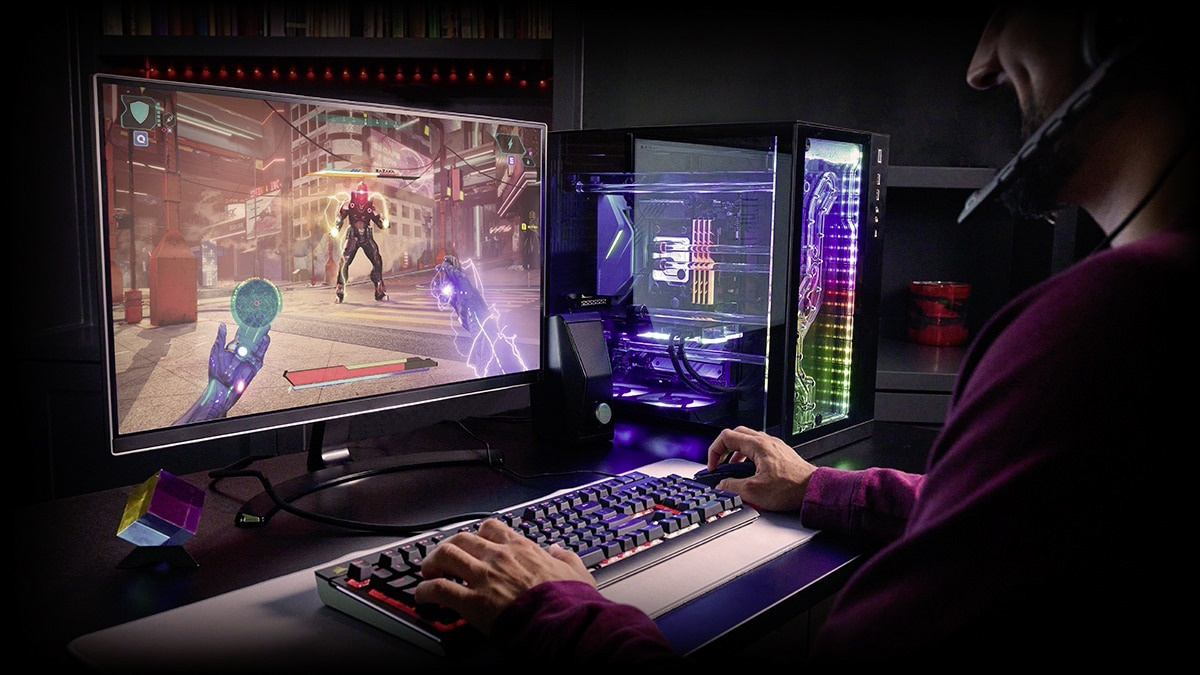Select Language:
When building a gaming PC, flagship CPUs might initially seem appealing, especially if you have a generous budget. However, the marginal performance gains over more affordable options often do not justify the significant cost difference.
One of the key reasons to reconsider investing in a top-tier processor is its price tag. Flagship products tend to be overpriced, and CPUs are no exception. While the price progression from mid-range options to high-end models might appear moderate, the additional cost for those ultimate models is usually excessive relative to the performance boost you receive.
Take Intel’s Core i9-14900K, for instance, which is priced nearly 50 percent higher than the Core i7-14700K, yet the performance increase is only slight. AMD’s offerings exhibit a similar pattern: although the price gaps are somewhat less pronounced, they still outweigh the minimal performance improvements.
Reviewing gaming metrics reveals that high-end CPUs do not offer a substantial advantage. Benchmarks comparing the Core i9-14900K with the Core i7-14700K indicate that the flagship version only yields about a 3 to 6 percent increase in frames per second (FPS), despite its substantially higher price.
Similar findings apply to AMD processors; for example, the Ryzen 9 9950X shows only marginal performance enhancements over the 9900X, and its difference compared to the Ryzen 7 9700X is hardly perceivable in gaming scenarios. For those seeking peak gaming performance, opting for specialized processors like the AMD Ryzen 7 9800X3D could be a more prudent choice, as it is not only cheaper but also outperforms several pricier alternatives in gaming.
Furthermore, flagship CPUs generally do not show significant gains in productivity tasks either. While they may provide a slight edge in benchmarks like Cinebench or Blender, the added performance often does not justify the higher price. Only individuals who genuinely require maximum processing power might find them worthwhile; otherwise, their capability is typically excessive for everyday use.
Intel Core Unlocked
Intel
For many users, a flagship processor is simply overkill. Unless you are immersed in computation-heavy tasks or are an avid gamer aiming for every last bit of performance, such top-tier power is unnecessary. Most routine applications, along with more demanding functions like photo editing or video streaming, perform adequately on mid-range processors.
Additionally, there are concerns about the cooling requirements associated with flagship models, particularly those from Intel. These processors consume significant power and demand robust cooling solutions, which adds further costs on top of the initial investment.

High performance doesn’t always require an expensive flagship CPU; it’s suited only for those needing exceptional power.
AMD
Moreover, certain high-end models may unexpectedly face stability issues that their less costly counterparts do not experience. Manufacturers often push their top-tier models to their limits and beyond, resulting in technical complications that can be avoided with more moderate models.
In conclusion, it’s wise to consider a flagship processor only if your profession depends on it. For most users, these high-end CPUs are overpriced, provide no substantial performance benefits, demand costly cooling solutions, and may even introduce problems absent in more affordable processors.







